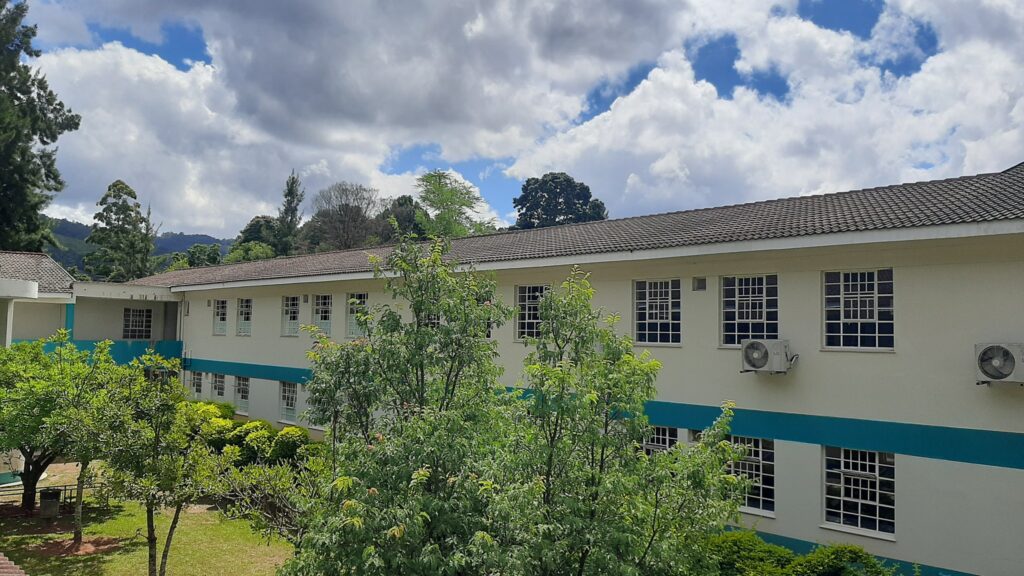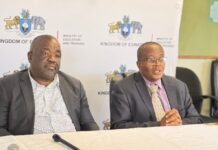High Court Judge Bonginkhosi Magagula has halted a ministerial directive to privatise two Baha’i faith-based schools, ordering that they remain government-aided until the legal dispute is fully resolved.
| Eswatini Observer WhatsApp Channel
The ruling, delivered yesterday, suspended a letter issued by Minister of Education and Training Owen Nxumalo and directed both the minister and Prime Minister Russell Dlamini to formally join the case as parties.
The dispute centres on John and Valera Allen Primary and Setsembiso Sebunye High School, which the minister’s letter had earmarked for privatisation.
Schools to Remain Government-Aided
The court held that the minister’s directive had “no effect” until the case is properly adjudicated.
“The status quo ante, namely, that the Baha’i schools remain government-aided, shall continue until such time as the minister and PM are joined to these proceedings,” the judgment read.
This means government-paid teachers assigned to the schools will stay in place, and both institutions will continue operating under their existing structure.

The Setsembiso Sebunye Foundation, representing the National Spiritual Assembly of the Baha’is of Eswatini, had approached the court on an urgent basis, seeking to assert authority over the schools’ finances and management.
Questions Over Ministerial Authority
The case raised questions on whether the minister had the legal authority to privatise schools under the:
-
Education Act of 1981
-
Education (Establishment and Registration of Private Educational Institutions) Regulations of 2009
-
Constitution of Eswatini
Judge Magagula noted unanswered questions:
-
Did the prime minister participate in the decision?
-
Was Cabinet approval obtained?
-
Where is the documentary proof?
The judgment flagged irregularities, including unclear filings from the Attorney General’s office.
Legal Arguments
Respondents argued that under the 2009 regulations, authority to grant private status lies with the Principal Secretary of the ministry.
The applicant countered that the minister holds ultimate authority, especially since recommendations had been made to him.
Judge Magagula stressed that public power must be exercised strictly within enabling statutes. He cited South African case law (e.g. Fedsure Life Assurance v Greater Johannesburg), while the applicant relied on Oudekraal Estates, which held that administrative acts remain valid until set aside.
The judge ruled that this principle could not be applied automatically given the non-joinder of key decision-makers.
Protecting Learners’ Interests
The court acknowledged the urgency of the matter, with schools reopening for Term 3 and Grade VII and Form V learners preparing for final exams.
“The potential prejudice to pupils preparing for external examinations outweighs any technical advantage that may accrue to either side,” the judgment stated.
Judge Magagula also flagged the absence of parents’ voices, noting that fee-paying guardians contribute to school infrastructure and deserved a say.
Court Order Summary
The High Court issued a detailed order, including:
-
Minister’s privatisation letter suspended.
-
Schools remain government-aided.
-
Government-paid teachers stay in place.
-
Minister of Education and Prime Minister to be joined within 14 days.
-
Joinder parties may file papers; other parties may respond.
-
Hearing to continue after joinder.
-
Costs reserved until final determination.
Eswatini Observer Press Reader | View Here








